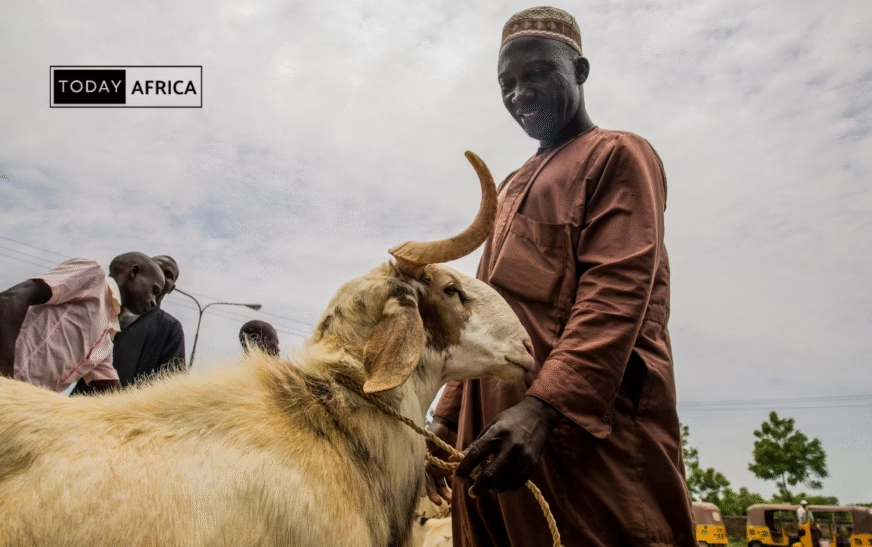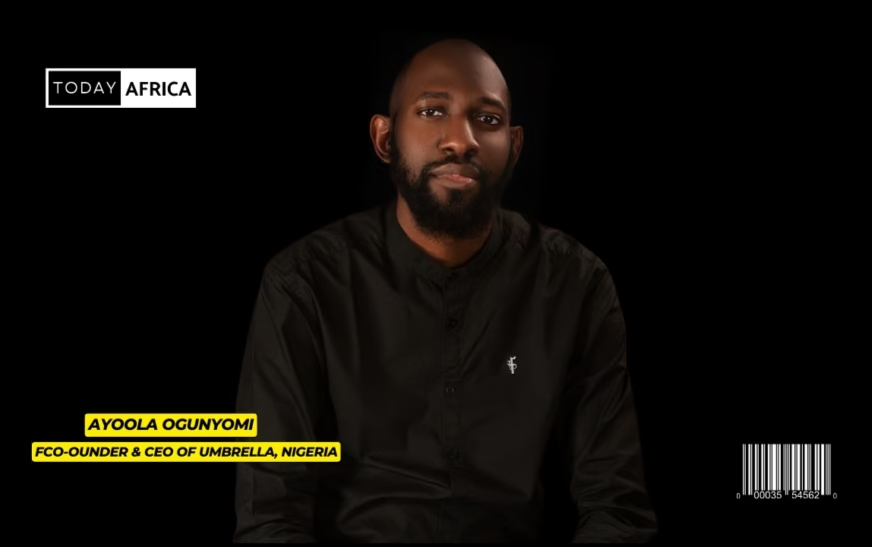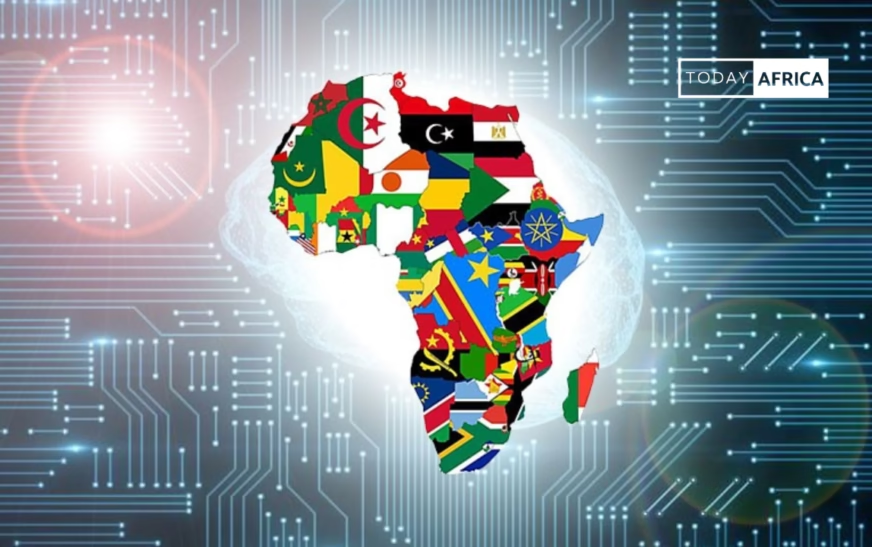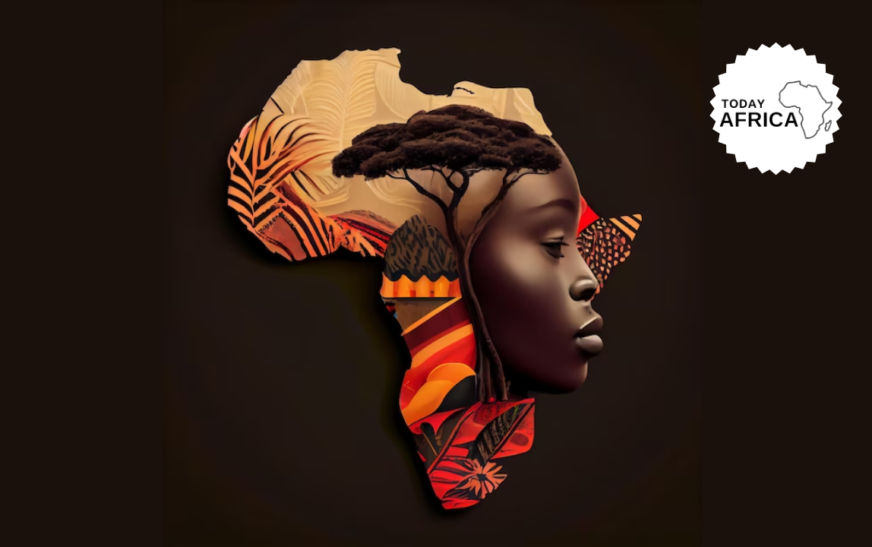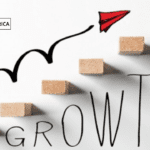This year’s Eid al-Adha celebrations in West Africa are unfolding against a backdrop of soaring inflation and economic stress.
Muslims in Nigeria, Ghana, Senegal, and neighboring countries have long marked this holy feast with ritual animal sacrifices, festive meals, and generous charity. But as inflation climbs and livelihoods falter, the joys of Eid are tempered by uncertainty.
In many communities, families are cutting back on customary spending, and even basic preparations are a strain.
While believers remain committed to the spirit of Eid – sharing with family, neighbors, and the needy – recent data shows that many will find it harder to buy a ram, new clothes, or travel for the holiday.
Reality of Things in West Africa
Economic conditions in Nigeria, Ghana and Senegal epitomize the regional challenges. In Nigeria, decades of policy missteps and recent reforms have pushed inflation into the double digits.
According to the World Bank, years of high inflation and slow growth mean that “poverty and hardship levels remain high” in Africa’s largest economy.
Nigeria’s own statistics agency reported that annual consumer inflation was still 24.2% in March 2025, the legacy of subsidy cuts and naira devaluations.
Ghana has also battled high prices: inflation rose to about 23.8% by the end of 2024 and only recently eased as the cedi stabilized. Even if Ghana’s growth recovered to over 5% in 2024, living costs for basic foods and imported goods remain steep.
Senegal’s economy was calmer – inflation fell back into the single digits by 2023 – but fishermen and farmers still face widespread hardship.
High unemployment and low wages mean even modest expenses loom large. Across West Africa, the United Nations World Food Programme warns that 36 million people are already “struggling to meet basic food and nutrition needs,” a number expected to rise to 52 million in the lean season.
In such a climate, the celebratory spirit of Eid can clash painfully with everyday realities.
Soaring Livestock Prices and the Sacrificial Ram
A defining feature of Eid al-Adha celebrations is the qurbani – the sacrifice of a sheep, goat or cow in remembrance of Prophet Ibrahim’s devotion. This year, however, buying that sacrificial animal has become a hardship in many markets.
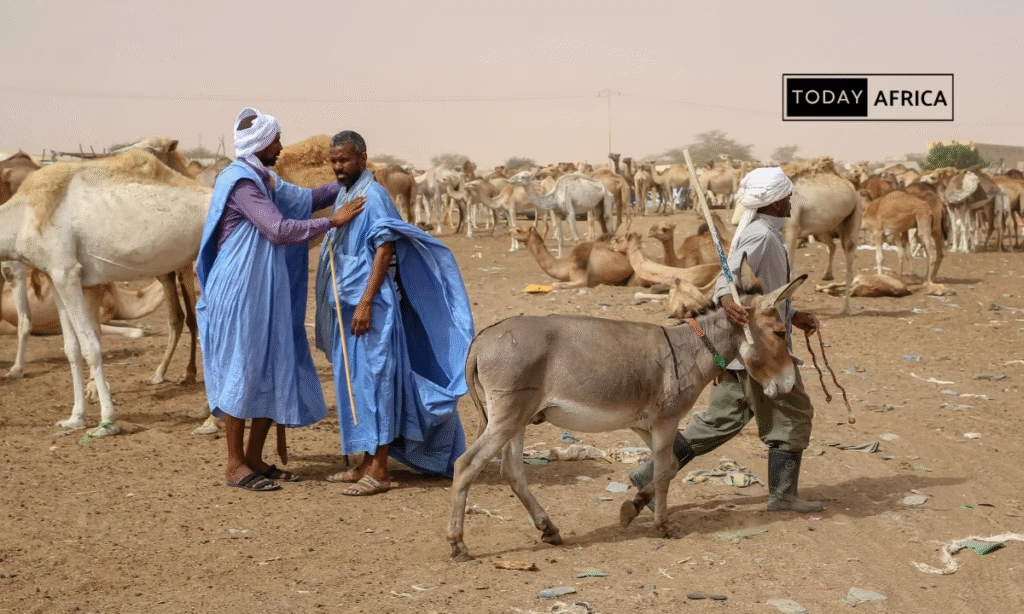
Nigeria
In Nigeria’s Ogun State, for example, the Kara livestock market should be bustling as buyers haggle over rams. Instead, sales are slow and people are in a bind. “Prices have at least doubled compared with last year,” an Associated Press report notes.
A London-based Nigerian visitor, Abiodun Akinyoye, explained the shock price jump: “The ram that I bought for 200,000 naira ($127) last year, this year we started negotiating from 600,000 naira ($380)”.
In other words, what was a modest expense has tripled for many families. Veteran sellers at Kara lament the shift: one reported that smaller rams (formerly affordable at ₦100,000–₦190,000) are now selling between ₦200,000 and ₦500,000.
At markets like Kara, “everyone is suffering,” says Jaji Kaligini, a veteran ram seller. He worries about low sales and a waning festive spirit. “The high cost of living will dampen the celebratory spirit,” he told reporters.
Even among faithful families, the calculation is grim: many simply cannot afford a ram that costs more than they spent on Eid last year. Some are opting to buy smaller goats instead of sheep, or sharing a single animal across several households.
Ghana
Ghana’s markets show a similar squeeze. Recent surveys found that Ghana’s currency – the cedi – has strengthened, which helped slightly ease some prices. One Ghana News Agency report notes that imported livestock have increased, yet many buyers remain wary.
According to traders, a mid-size ram in Accra might range from GH₵1,000 to GH₵7,000 this year, compared to up to GH₵8,500 last year.
In local terms, that still reflects food inflation. While exact quotes are scarce, Ghanaian Muslims are talking about paying hundreds of dollars for a ram, a significant sum given average incomes.
Notably, Ghana’s fiscal reforms and IMF bailout have steadied growth, so outrage over rams is often softer than in Nigeria, but the economic pinch is real when most people live hand-to-mouth.
Read Also: 100 Profitable Business Ideas in Nigeria to Start This Year
Senegal
Senegal illustrates the gap between the wealthy and the rest. In Dakar, some households are sparing no expense on “star sheep” (the prized Ladoum breed). These purebred animals can be massaged, pampered, and cost tens of thousands of dollars (over $70,000 in extreme cases).
Such sheep are kept alive during Tabaski (as Senegal calls Eid al-Adha) and shown off. As Monika Pronczuk of AP explains, Ladoum sheep are bred for beauty contests and status, not for sacrifice – most poor Senegalese cannot even dream of affording one.
By contrast, even a regular sheep in Senegal now starts at roughly $280. After years of high inflation, “many struggle to afford regular sheep” at those prices.
Niger
In Niger (another neighbor), the government took an unusual step this year: it banned live sheep exports to keep rams available at home. At first glance, that might seem a fix, but it backfired: Niger’s supplies stayed high, but exports from Nigeria and Benin were choked off.
Nearby markets saw fewer imports, putting even more pressure on local prices elsewhere. In Nigeria, for instance, traders report that some rams now sell for over ₦1 million (~$650) for a large adult. “Only the rich can afford it now,” a Nigerian marketer observed recently.
Livestock shortages and rising prices have forced many families to consider scaling back the sacrifice or asking neighbors for help. Some reportedly pool resources so that at least one ram can be slaughtered for a compound or community meal.
Others are quietly giving meat donations rather than buying animals themselves. In volatile times, even a blessing as solemn as Ibrahim’s sacrifice has become something to negotiate.
Impact on Community Giving and Charity in Nigeria
Charity is another pillar of Eid al-Adha Celebrations – both the obligatory zakat (almsgiving) and voluntary generosity. Traditionally, Muslim families are encouraged to share a portion of their qurbani meat with neighbors, the poor, and orphans.
Islamic scholars emphasize that the sacrifice itself is a deeply communal act. Yet when incomes fall, even these expectations become fraught.
An AP report notes that some imams are revisiting rules: if a family “genuinely cannot afford” a ram, they may be exempt from sacrificing.
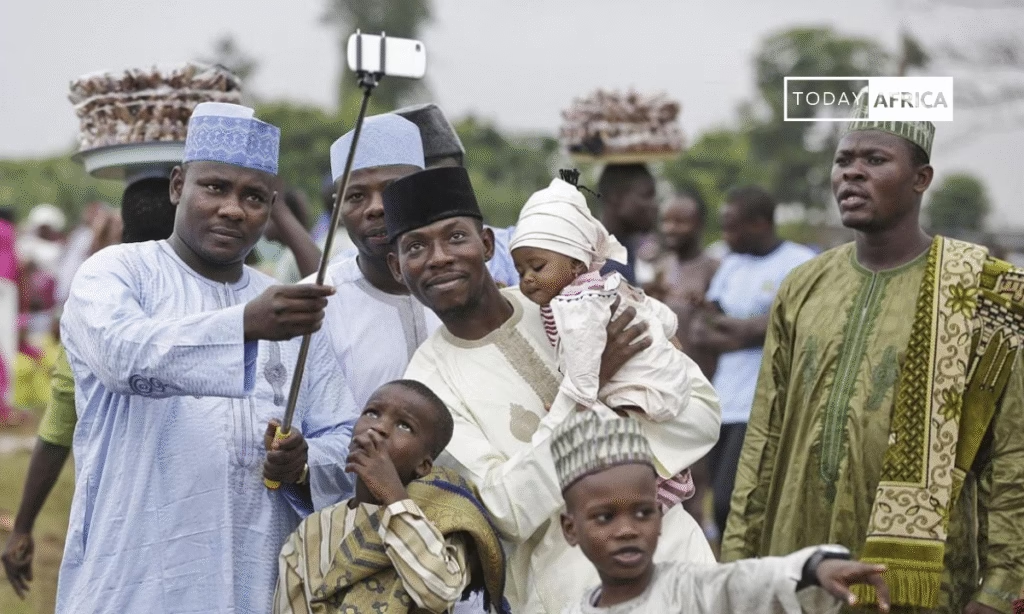
Nigeria’s Sheikh Bukola Hameed confirmed that the giving of sacrificial meat is not mandatory for those who can’t afford it. Others stress duty: Sheikh Mikail Adekunle told the Washington Post that those who do purchase an animal still have “a duty to share their meat with poorer neighbors”.
In effect, the ethics of Eid are being retold for hard times.
On the ground in West African cities, charity efforts continue but often under strain. In Abuja or Lagos, some mosques reported fewer donations of food baskets than usual.
Community zakat committees found people asking questions like, “Should I help this year if I barely have enough for my own family?”
In Ghana, Islamic welfare organizations are reminding donors that the needy expect help during Eid, even as donors have less to give. Data from humanitarian groups is sparse, but the UN reports a skyrocketing food crisis in the region.
When the U.N. World Food Programme warns millions more will lack basic nutrition, local charities brace for record demand.
Still, many believers try to uphold generosity.
In Nigerian towns, relatives are rearranging budgets: if they can buy a ram at a discount or smaller scale, they will.
In Ghana, some Muslim businessmen are organizing group qurbani – buying animals together so the meat can reach more people cheaply.
And in Senegal, poorer families may not be able to give this year, but even that story circulated widely and stirred donations.
Read Also: Nigeria’s inflation slows to 23.18% in February on stable naira and lower fuel prices
Family Travels and Pilgrimages
Eid al-Adha is often a time for family reunions: people who work or study far from home typically make the journey back to celebrate together. This year, high travel costs have further complicated those plans.
Fuel prices in Nigeria and flights from Ghana have spiked, making each trip an expensive proposition. Many who used to travel overland by bus are canceling or postponing, especially in remote areas. Airlines have not eased fares, given the weak Cedi and Naira.
On the international front, West African pilgrims bound for Mecca (the Hajj pilgrimage, which falls in the same season) are also feeling the pinch.
Ghanaian officials have reduced the official Hajj package this year from about GH₵75,000 ($6,000) to GH₵62,000 ($5,000) by negotiating with Saudi organizers. But even GH₵62,000 is a fortune for most Ghanaians.
In Nigeria, public-sector subsidies and dollar fluctuations have sent the Hajj cost per person into the millions of naira, though the government reports lavish spending.
Some potential pilgrims have privately lamented that they might skip the Hajj because they simply lack the spare savings. Thus, travel – both domestic and overseas – is more aspirational than ever this Eid.
Sad Reality for Senegalese Fishermen and Their Families
In Senegal, Eid al-Adha (locally Tabaski) is usually a time of jubilant family gatherings. Long after sunrise prayer, entire extended families dine on lamb or mutton together.
But this year, many Senegalese approach Tabaski with anxiety. In fishing villages around Dakar, the story has been heartbreakingly personal.
Consider the story of Ibrahima Diouf, a 48-year-old fisherman in Thiaroye-sur-Mer. A father of four, Diouf says this Tabaski he cannot even sleep.
He has failed to make enough money to buy a sheep for the sacrifice, and even clothes for his children. “All I think about is Tabaski. I can’t even sleep,” he told AP.
Before, his family would slaughter three or four sheep every Tabaski and share with neighbors. Now, he worries about feeding them at all. The reason is not a lack of faith, but vanishing fish. Marine catch from Senegal’s coast has collapsed in recent years.
As one of Diouf’s neighbors, Oumar Mbeye, explains: “If you went to the sea, you would come back quickly with fish. But right now, the sea is ruined. You lose more than you gain. … You go to sea and come back with nothing,” he said.
Many fishermen in Thiaroye and similar communities have fallen on hard times because big foreign trawlers overfish the local waters. Their income has plummeted, but their Tabaski costs have not.
At a street corner in Dakar, Momar Ndao – president of Senegal’s national consumer association – notes that Tabaski expenses can jump tenfold compared to a normal week.
A family that normally budgets little suddenly needs to pay for a sheep, extra food, and gifts. Many can’t. As Africanews reports, Senegalese fishermen “fail to gather enough money” for even one sheep.
Left with none, families may eat a simpler meal: a handful of fish stew, or share meager stock from community cooks.
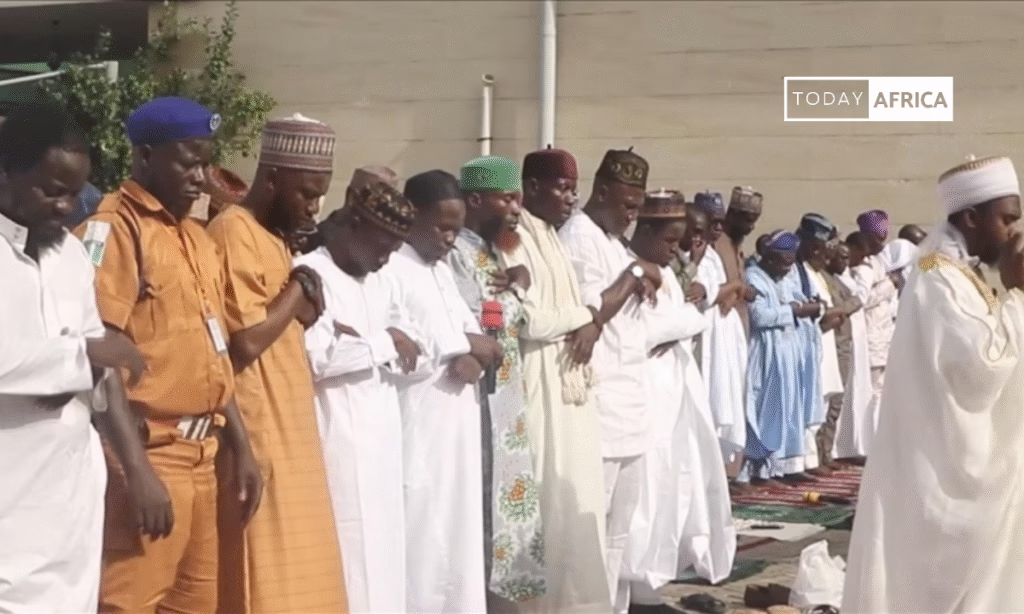
Yet the new government’s supporters have promised change. In recent months, Senegal’s new president Bassirou Diomaye Faye pledged to empower fishermen and address overfishing. Several of Diouf’s neighbors voted for Faye hoping things would improve.
This Tabaski is one of the first major events of Faye’s term, and there is cautious optimism. “We had a lot of hope,” Diouf says. “We want them to change things”.
And so, amid hardship, Senegalese Muslims still find solace in prayer, in community bonds, and small gestures of generosity – even if the celebration will be more subdued.
Tradition vs. Cost in Eid Preparations in Ghana
In Ghana, Muslims across the country share some of the same struggles. Though only about 17% of Ghanaians are Muslim, Eid al-Adha is widely observed, especially in the north and among trading communities in Accra and Kumasi.
The economic backdrop is slightly different: Ghana recently worked out an IMF program, and inflation has begun to fall from its 2023 peaks. But ordinary people still feel the pinch. Food prices remain high and the cedi’s volatility has made imported goods (like fabrics and feed) expensive.
One very visible effect this Eid is on clothing costs. New outfits are traditionally worn to Eid prayers, but many families find it hard to afford them.
Ghanaian media reports citizens’ frustration: “Last year, I bought an Abaya (traditional dress) for 400 cedis, but this year the same abaya is selling at 800 cedis. It is becoming hard for some of us to buy new clothes for the Eid festivities,” lamented one Muslim resident of Accra.
Another interviewee noted that cheap imported garments were suddenly much pricier, leaving some mid-income families scrambling. The president of a local traders’ association even wondered, “Why do we do this to ourselves?” as sellers raise prices.
Despite the financial squeeze, many Ghanaians try to uphold the spirit of Eid. One celebrant explained, “Wearing new clothes on Eid is a cherished tradition… However, the current prices are simply exorbitant and will prevent many from fulfilling this tradition.”
Religious leaders gently reminded followers that modesty is key – one Islamic scholar urged those unable to buy new attire to simply wear their existing clothes, clean and ironed.
The message was clear: Eid al-Adha celebrations should not be abandoned for lack of finery.
Ghana also saw rising prices for livestock, though not as dramatically covered in the press. Local reports indicated that both rams and bulls saw price upticks, especially after traders in Burkina and Mali faced drought.
In Accra’s markets, a decent ram might fetch GH₵1,500–₵3,000 (roughly $150–$300), with larger animals reaching higher. These are large sums when the average monthly wage is only a few thousand cedis.
Some wealthier Muslim communities have arranged group purchases – buying several sheep together so that smaller portions of meat can be distributed among more needy families.
On the whole, Ghanaian Muslims entered Eid weekend with quiet determination. Imams emphasized prayer and charity over extravagance.
Social media is filled with tips: cook one goat for two families, or pack meat for the poor. In a time of strain, the communal nature of Eid – the act of giving – is being adapted to fit the resources of each household.
Keeping Faith: Rituals and Reflection
Through all these hardships, the core religious observances of Eid al-Adha remain intact. Prayers at dawn are held in mosques and community centers, with fewer or more modest decorations.
Believers slaughter their sacrifice at home or in designated areas, and then cook dishes like mutton stew, rice, and suya (spiced grilled meat) to share.
Children wear their cleaned or second-best outfits, perhaps new ones only if affordable. Families still gather – even if some members send money or food instead of traveling physically.
Because the celebration is as much spiritual as material, many Muslims report that they are “finding new meaning” in Eid this year. As a Lagos imam told his congregation, “Allah tests us with adversity, and sharing in hardship is a form of sacrifice too.”
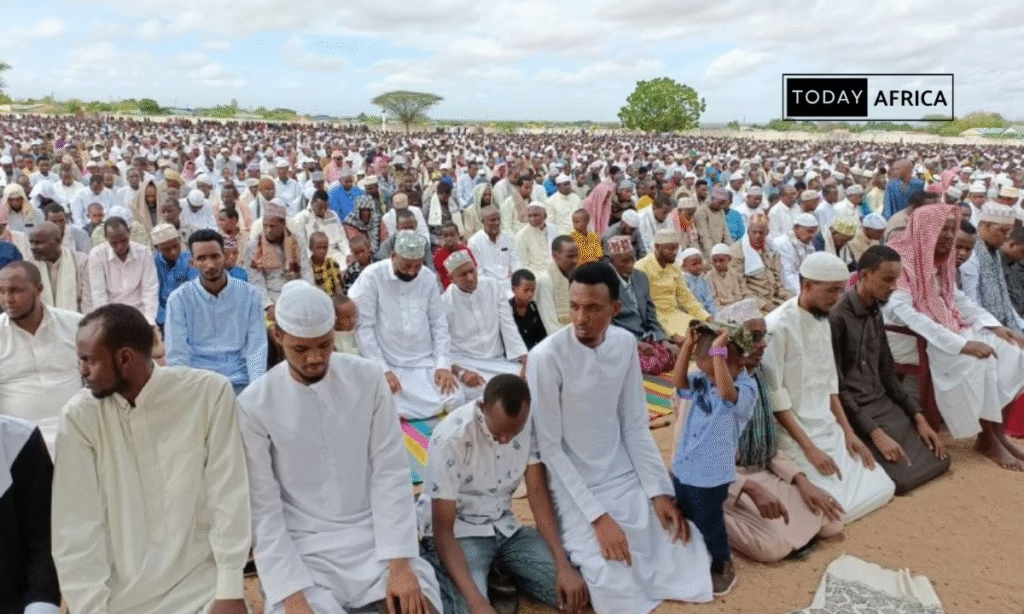
Storytelling and sermons emphasize that generosity is laudable even without livestock, whether it’s giving a bowl of rice or helping a neighbor with chores.
Economists and relief workers note that Eid also highlights larger social safety nets. In Nigeria, targeted cash transfers and fuel subsidies have helped cushion the blow of inflation (though critics say more is needed.
And in Ghana, the revived stock of international reserves and upcoming growth may ease future shocks
In Senegal, the decline in inflation to near zero (expected in 2024) is a hopeful sign. Yet these macro figures only slowly translate into everyday comfort. For now, ordinary people rely on their faith, community ties, and any small support from charity organizations.
Religious scholars have been active on social media too. Nigeria’s Islamic Council reminded followers that the sacrifice is not obligatory if a family genuinely cannot afford it this year.
In Ghana, Imams encouraged moderate celebrations and redirected excess spending to charity accounts for refugees and orphans.
Senegalese mosques distributed small coupons from local donors to struggling families, hoping everyone could at least have one meal of mutton.
Across the region, one thing is clear: Eid al-Adha Celebrations remain a pillar of hope and solidarity even amid hard times. “Tabaski isn’t cancelled – it just looks different,” said one Senegalese community leader.
And in Nigeria, after that Lagos boy lamented about ram prices, he and his neighbors agreed to share one sheep, ensuring that each family at least tasted the traditional sacrifice.
Conclusion
When the prayers end and plates are empty, Muslims across West Africa will carry on with a mix of sorrow and gratitude. They will feel keenly what was lost – perhaps a new dress or the laughter of a far-away cousin missing – but also what endures: community and faith.
Economic data from the World Bank and the IMF suggest stabilization may lie ahead, but for now Eid al-Adha celebrations are a reminder of resilience.
In cities and villages, families are making do: cutting meat into smaller portions, lighting only one string of lights instead of dozens, and trusting that Allah is mindful of each sacrifice.
As one ram seller in Kano admitted late on the eve of Tabaski, he saw fewer buyers this year, but he also saw generosity.
A customer who could not afford a ram simply donated some money to the mosque’s food fund instead. “It may not be the way we planned,” said the seller, “but we will still be together for Eid.”
Leave a comment and follow us on social media for more tips:
- Facebook: Today Africa
- Instagram: Today Africa
- Twitter: Today Africa
- LinkedIn: Today Africa
- YouTube: Today Africa Studio

